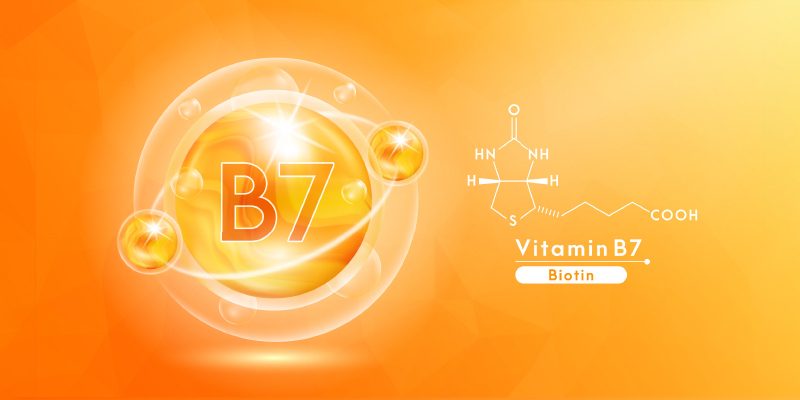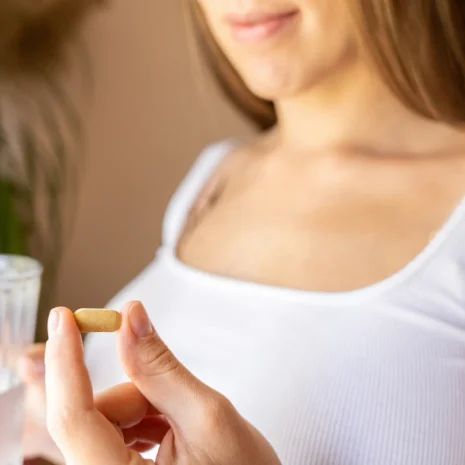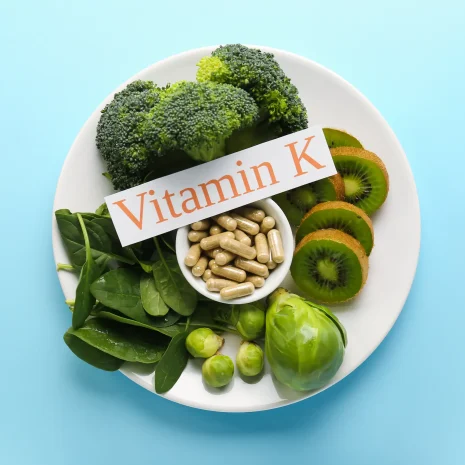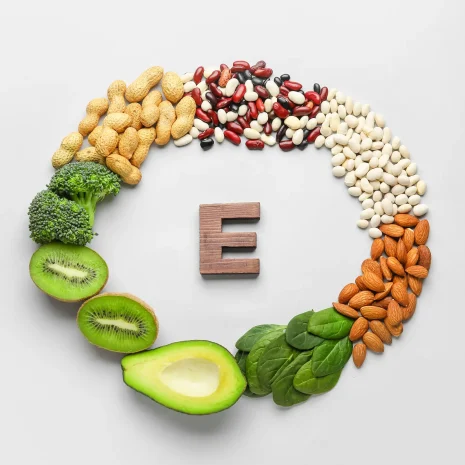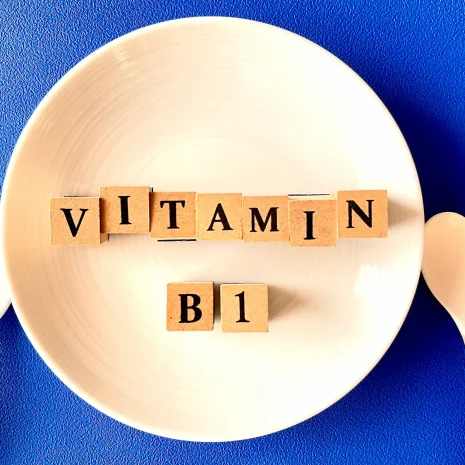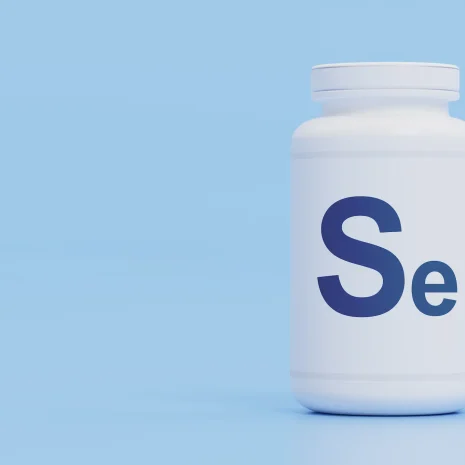Understanding Biotin: The Essential Vitamin for Healthier Skin, Hair, and Nails
What is Biotin?
Biotin, also known as vitamin B7 or vitamin H, plays an essential role in the body’s metabolism and is crucial for maintaining healthy skin, hair, and nails. This water-soluble vitamin is particularly important for energy production and the proper functioning of the nervous system. In this article, we will explore the functions of biotin, the foods that are rich sources of this vitamin, and the benefits it offers to support overall health.
The Role of Biotin in the Body
As part of the B complex vitamins, biotin is vital for various bodily functions. The body does not synthesize sufficient amounts of biotin, making it necessary to obtain this vitamin through diet. Biotin contributes significantly to healthy cell growth, metabolism, and the synthesis of fatty acids. It is especially crucial for pregnant women, as it supports fetal development.
Biotin is often referred to as the “beauty vitamin” due to its popularity among those aiming to improve the health of their hair, skin, and nails. A deficiency in biotin can lead to numerous health issues, including hair loss, dry skin, and brittle nails.
Symptoms of Biotin Deficiency
Recognising the symptoms of biotin deficiency is crucial for timely intervention. Common signs include:
- Skin Problems: Rashes, particularly on the face and eyelids, can manifest due to inadequate biotin levels.
- Hair Loss: A lack of biotin may contribute to thinning hair and loss.
- Fatigue: General tiredness and low energy can occur.
- Nervous System Issues: Symptoms may include mood changes or depression.
Being aware of these symptoms can help individuals identify potential deficiencies and seek appropriate treatment.
Food Sources of Biotin
Fortunately, biotin can be found in a variety of foods, making it relatively easy to obtain through a balanced diet. Here are some biotin-rich foods that you can incorporate into your meals:
- Eggs: Particularly the yolk, eggs are one of the richest sources of biotin.
- Nuts and Seeds: Almonds, hazelnuts, and peanuts provide significant amounts of this vitamin.
- Legumes: Beans and lentils are excellent plant-based sources of biotin.
- Whole Grains: Foods such as oats and whole wheat products are beneficial additions to your diet.
- Mushrooms: Certain types, including shiitake mushrooms, are known for their biotin content.
- Fatty Fish: Salmon, sardines, and tuna not only supply biotin but also provide omega-3 fatty acids, beneficial for overall health.
By including these foods in your daily meals, you can help ensure adequate biotin intake. A balanced diet that combines both animal and plant sources is most effective in achieving the recommended levels of vitamin B7.
Supplementation: When to Consider It
If you are concerned about not getting enough biotin through your diet, supplementation can be an effective option. Biotin supplements are designed to provide the daily recommended amounts necessary for maintaining good health. However, it is important to consult with a healthcare professional before starting any supplementation regimen, especially if you suspect a deficiency.
Embrace Biotin for Healthier Living
In summary, biotin is a crucial vitamin that supports several bodily functions, particularly the health of skin, hair, and nails. Its presence in a diverse range of foods makes it relatively easy to obtain through a balanced diet. However, if you suspect that you are not receiving adequate amounts of biotin, it may be beneficial to consult with a healthcare professional regarding supplementation options. By prioritising biotin in your diet, you can take significant steps toward enhancing your overall health and well-being.
While multivitamins can offer valuable support for overall health, it is essential to recognize that a balanced diet should remain the cornerstone of nutritional well-being. Multivitamins are intended to be a complementary measure and should not be considered a substitute for a diverse and nutritious food intake.
Note: It is strongly advised that individuals consult a healthcare professional prior to initiating any supplement, particularly if they have existing health conditions, are taking prescribed medications, or are pregnant.
